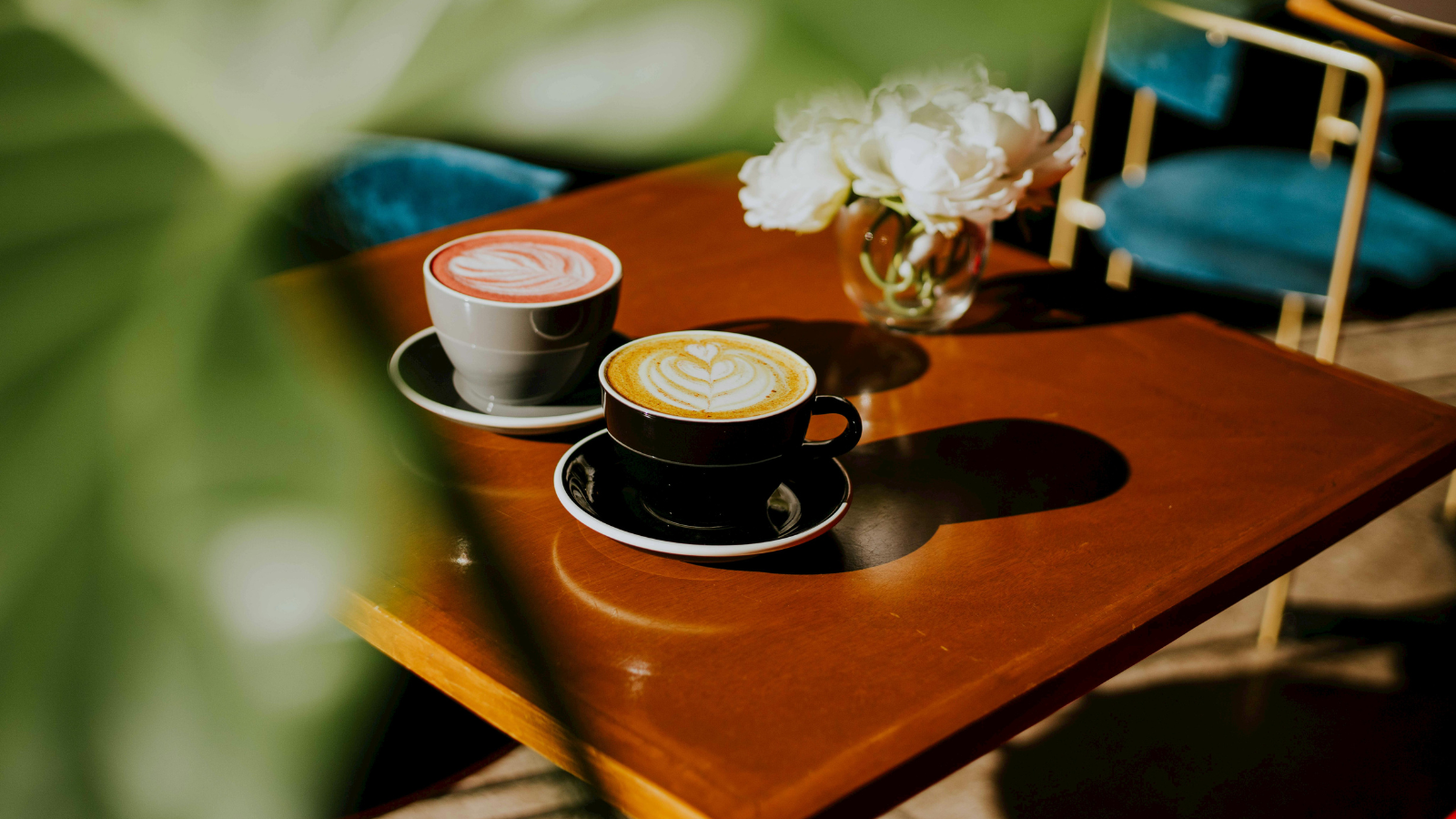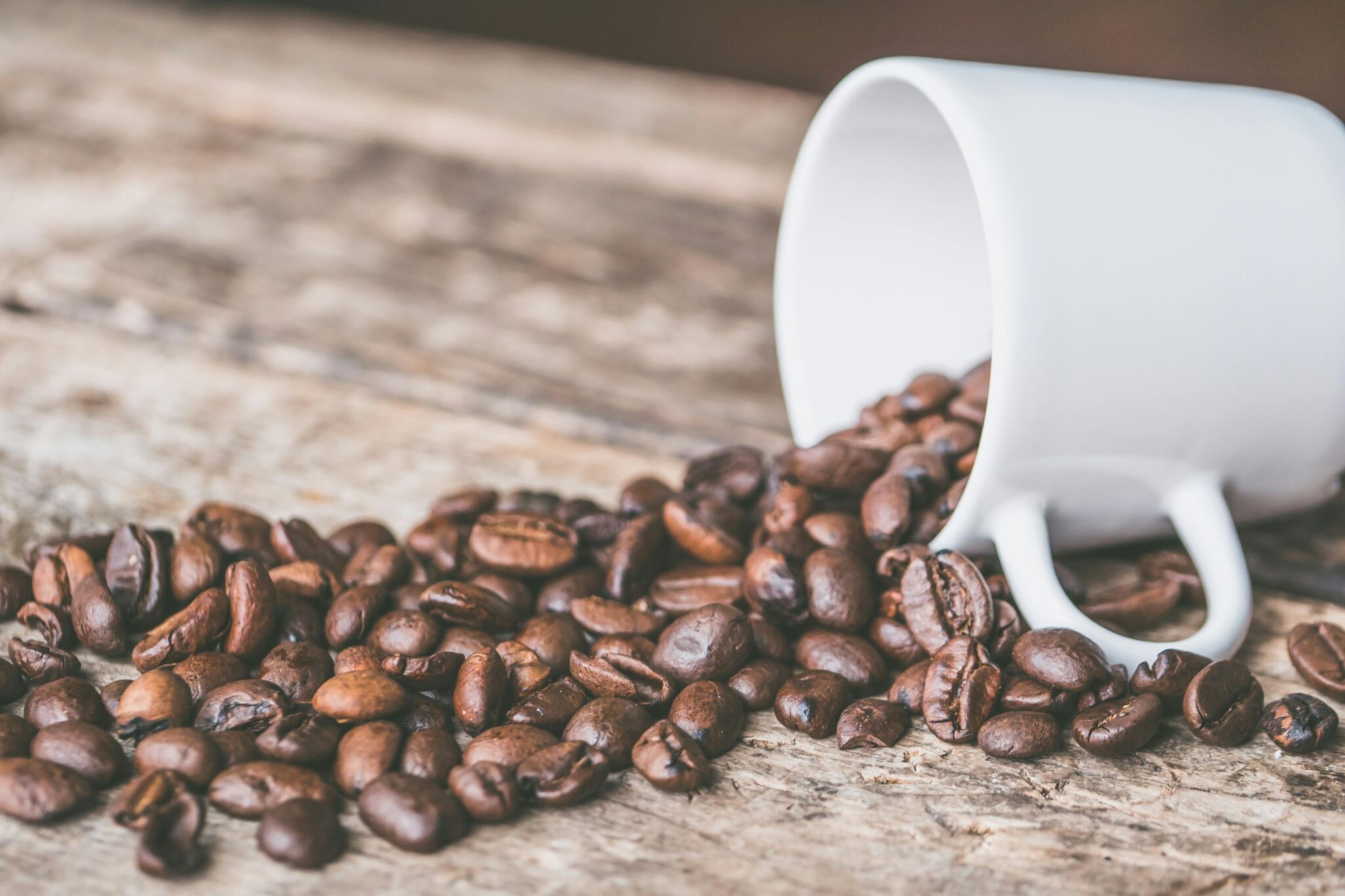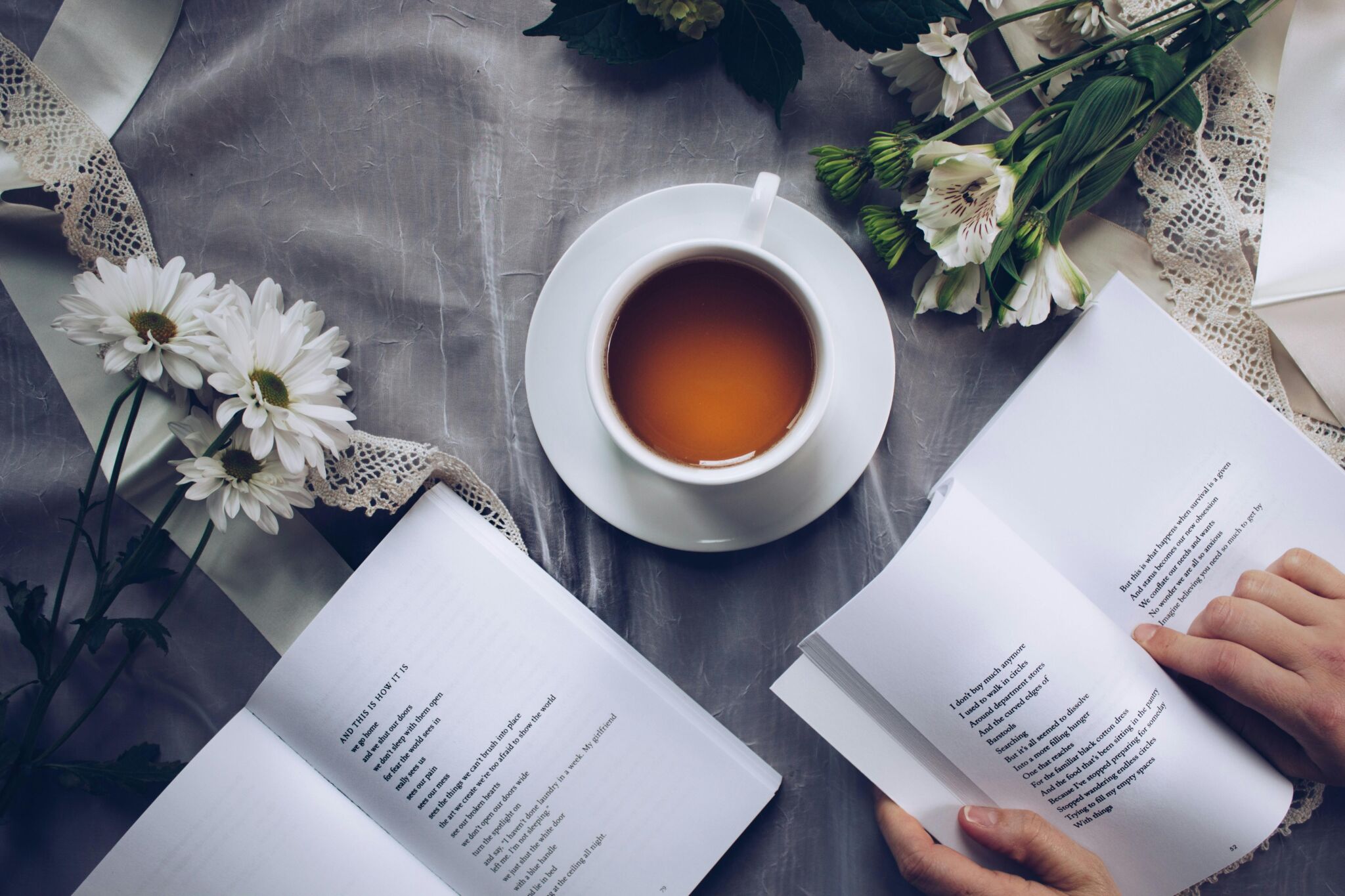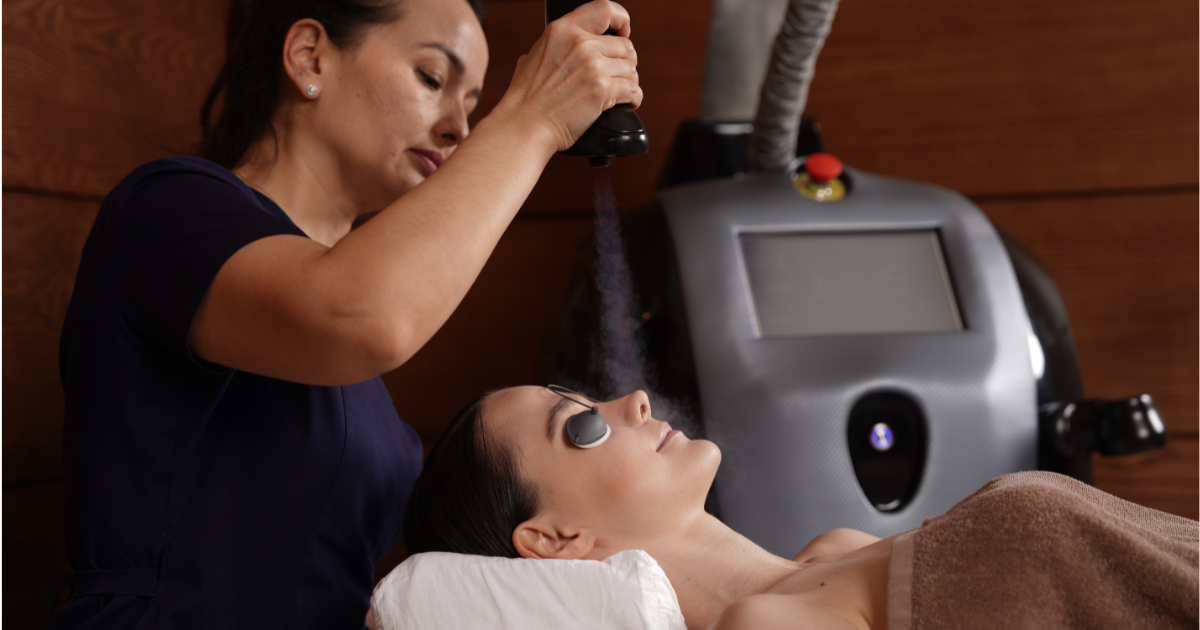A cheerful morning without caffeine
How giving up your morning coffee affects your body

Coffee has long been more than just a beverage: it represents aroma, coziness, alertness, and aesthetic pleasure – all in one cup. However, behind this comforting ritual often lies a dependency on caffeine. Recent studies increasingly highlight coffee’s impact on hormonal balance, sleep, and anxiety.
ELLE O’zbekiston explores why more people are rethinking their coffee habits and how to choose balance, mindfulness, and real, not artificially stimulated, energy.
Coffee: friend or foe?
You may have noticed that after a cup of coffee you feel energized, only to be followed by a sharp drop in energy or a sudden crash. Sometimes, this fatigue is accompanied by anxiety, irritability, or even a sense of panic. These reactions are directly linked to the composition of coffee beans.
Caffeine is a natural stimulant found not only in coffee but also in tea, chocolate, and several other products. In coffee, it acts quickly: once it enters the bloodstream, it blocks adenosine, a compound responsible for making us feel sleepy, and we experience a boost in alertness and focus.
However, coffee beans also contain theobromine, a milder stimulant that dilates blood vessels and lowers blood pressure. Combined, these substances intensify the energizing effect – but with frequent consumption, they may lead to dependency, irritability, blood pressure fluctuations, and increased anxiety.
A scientific perspective
Modern research increasingly confirms the link between coffee consumption and heightened anxiety. For instance, data published in PubMed Central shows that frequent coffee intake is associated with a higher risk of anxiety in otherwise healthy individuals. It's also been proven that caffeine stimulates the production of cortisol, the stress hormone, which may trigger a racing heartbeat and insomnia, particularly in people who are sensitive to stress. Importantly, women are especially vulnerable to such effects due to hormonal fluctuations throughout their menstrual cycles, which can amplify the body’s response to caffeine.
It’s important to remember that a complete ban on coffee isn't necessary – the key is moderation. Negative effects are typically linked to excessive consumption, which can be harmful even with the most innocent of products.

Source: Jessica Lewis thepaintedsquare, pexels
Alternatives
If you decide to cut back on coffee or give it up altogether, it doesn’t mean you have to say goodbye to alert mornings or pleasant moments over a warm cup of something aromatic. There are healthier and equally enjoyable alternatives:
- Decaffeinated coffee (decaf) – coffee that is made from beans with 97–99% of the caffeine removed. It retains the flavor, aroma, and appearance of coffee, though it's slightly milder and less bitter.
- Matcha – a rising star among beverages, matcha is a green tea rich in antioxidants and L-theanine. It offers a smoother, more sustained boost.
- Chicory – a caffeine-free drink with a coffee-like taste. Thanks to its natural prebiotics, it also supports digestion.
- Cocoa – enhances mood and provides a gentle energy lift.
- Herbal teas (mint, lemon balm, ginger) – calm the mind, improve focus, and enhance overall well-being.
- Rooibos – a South African, caffeine-free tea, rich in antioxidants and pleasing to the palate.
- Regular loose-leaf teas – contrary to popular belief, tea contains more caffeine per gram than coffee beans. A strong brew can be more effective than coffee, yet acts gentler on the body due to lower caffeine concentration per serving (1 g per 100 ml of tea vs. 5–10 g per 100 ml of coffee).

Source: Thought Catalog, pexels


